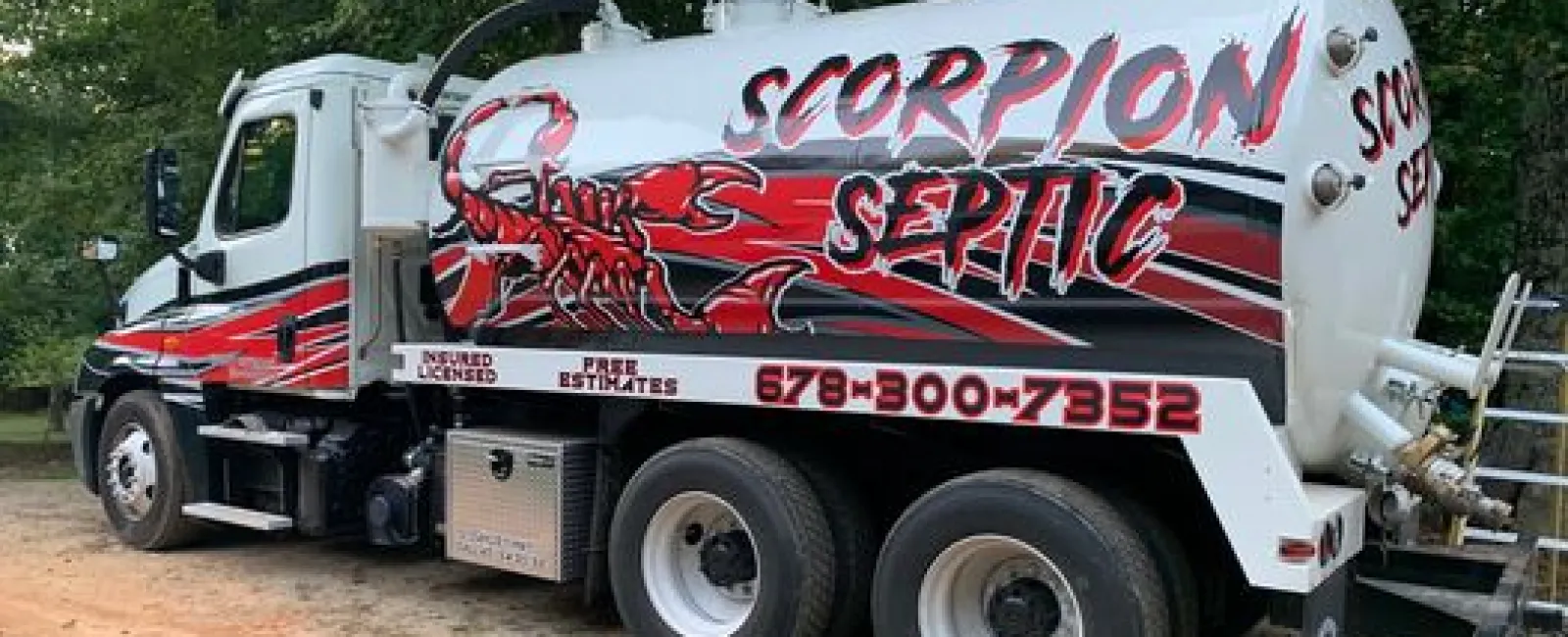Maybe you're a first time homeowner. You've been in the market for a new home for the better part of two years, sending in offer after offer to no avail. Until finally, your bid for that 1500sq ft three bedroom home was finally accepted. You're ecstatic. Your mind is racing at all the different possible color combinations for your dining room walls. Maybe taupe or eggshell?
But that comes to a halt.
The septic inspections are in and the results are: unsatisfactory. Oh, and it's recommended that you change your septic tank too! You probably have questions—and lots of them. Like say "how long do septic tanks last" or "what's the cost to replace septic tanks?" Well, it all depends on the type of septic tank, the tank size, and the brand. But we'll get into it. Read on and learn all there is to know about septic tanks.
Lifespan of a Septic Tank
On average, septic tanks can typically last you anywhere from 20-40 years but this is greatly affected by several different factors. This includes rate of usage, materials, and whether you regularly service your septic tank or not.
Total Water Usage
Households with larger families will naturally have a higher level of water consumption, they will use the bathroom more often; additionally, larger families will also produce more bodily waste, in turn putting more strain on the septic system.
Waste Disposal
'Proper' usage of the septic system also plays a factor in how long a septic tank lasts. For example, families should avoid flushing non-biodegradable hygiene products into the toilet. Non-biodegradable products to avoid include chemical, feminine hygiene products, as well as baby wipes.
Tank Material
Another important factor affecting the lifespan of your septic tank is the material that it's made out of. The most commonly used material in septic tanks is concrete. It's the most durable and can last up to 40 years, and with the right maintenance services, even longer. Septic tanks can also be made of plexiglass/plastic, which often last as long as concrete, but are less resistant to external factors, which can sometimes cause small cracks and breakage. Lastly, there's steel. Not only is it the least common material, it is also the least durable one. Steel septic tanks are prone to corrosion and rust, which greatly impact their lifespan.
Regular Maintenance
The most important factor affecting your septic tanks lifespan is also sometimes the most overlooked, and that's ensuring proper maintenance. By this we mean regularly pumping your septic tank in order to avoid a failing septic system. We recommend you stick to EPA guidelines which recommend pumping your system every 3-5 years. In addition to regularly pumping your tank, we also recommend routine inspections. Routine inspections can be scheduled every 1-2 years depending on your household size. Scheduling them allows us to inspect for any irregularities, which can prevent costly repairs and septic tank failure.
Average Cost by System Type
The two most common types of septic tank systems are anaerobic and aerobic systems, and both vary greatly in pricing.
- Anaerobic systems: An anaerobic system is one that does not require oxygen to break down bacteria. Not only are these system types more common, they are also significantly cheaper, costing anywhere from $3,000-$8,00 dollars.
- Aerobic systems: An aerobic system is very similar to an anaerobic system, it just introduced oxygen to the equation in order to promote the growth of aerobic bacteria. These types of systems tend to be more efficient, hence the bump in price. Aerobic systems can range from $10,000 all the way up to $20,000.
How to Prevent Septic Tank Failure
Septic tanks are a costly investment, so you definitely want to do everything you can to maintain your septic tank in tip top shape. A sure way to do this is by ensuring you regularly pump your tank. If you do nothing else, at the very least make sure you schedule a septic pump session every 3-5 years.
Call Scorpion Septic!
Whether you're a new homeowner or simply interested in purchasing a new septic tank, it's important to be well informed, so don't rely on faulty Reddit posts, misinformed AI, or your neighbor Rick who's an "expert self-taught plumber." Skip the guessing games and just call the professionals!

